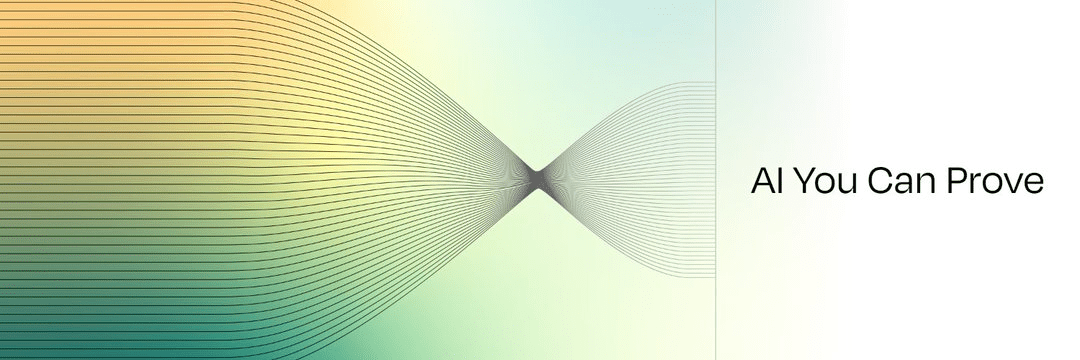In the development history of the blockchain ecosystem, how to ensure that cross-chain and multi-layer network data transmission is both efficient and verifiable has always been a core challenge troubling the industry. The emergence of Lagrange is precisely to solve this 'last mile' problem. Unlike traditional bridging protocols, Lagrange does not simply transfer assets but rather builds a universal data verifiable layer that supports secure transmission of cross-chain proofs and computation results.
The uniqueness of this architecture lies in its foundation on zero-knowledge proofs (ZK) and a decentralized verifier network, allowing external systems to quickly verify the correctness of results without having to fully replicate the computations or store all data. For example, in a multi-chain DeFi scenario, a user may need to verify the state of a trading strategy from Ethereum to Arbitrum. Previously, such demands often relied on centralized oracles or lengthy cross-chain synchronization, whereas Lagrange can minimize verification costs while maintaining result verifiability through zero-knowledge aggregated proofs.
This means that future Web3 applications can more freely combine the functionalities of different chains, no longer limited by the isolated state data. Multiple scenarios such as DeFi, gaming, identity, and governance can thus achieve seamless cross-chain interaction. Lagrange's positioning is no longer a single infrastructure but rather a 'cornerstone of multi-chain interoperability.' In the wave of composability, it has the potential to become a key player in driving the entire industry towards the next phase.
@Lagrange Official #lagrange $LA


